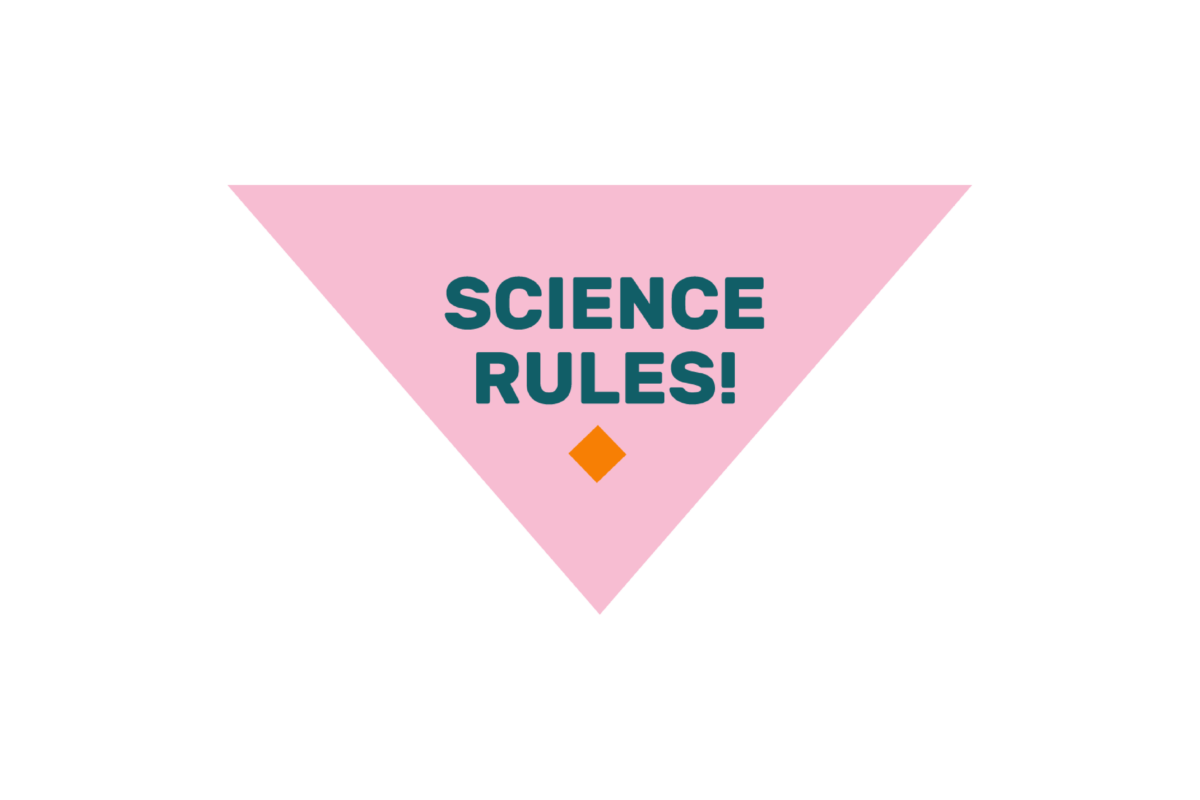Policies of the Union of Research Professionals (Tieteentekijät) intended to support the work and well-being of early career researchers
The policies presented below are Research Professionals’ way to promote the well-being of early career researchers at work and outside of work. The policies also increase the attractiveness and appeal of research careers, thereby drawing motivated experts into the fields of science and research.
Early career researcher is a general concept that includes both those working on their doctoral thesis and newly graduated doctors. The latter group is referred to in the academic field as, for example, postdoctoral researchers. The duration of the postdoctoral phase varies depending on the definition. In the survey of Research Professionals’ early career researchers, for example, the duration is defined as a maximum of four years from the completion of the dissertation.
General policies concerning the position of doctoral researchers for the use of universities, financiers, and the scientific community
1. Professionals deserve professional titles
Researchers are professionals throughout their careers. For this reason, we recommend using the title doctoral researcher for researchers working on their PhD theses. There is no need to utilise separate titles for or separately address doctoral researchers working by virtue of different funding sources but, rather, the title of doctoral researcher can be used for all regardless of funding. The title does not cost anything but promotes the researcher’s career.
2. Universities should employ and not just award grants
In those cases, in which the source of funding for research work is a university, the research work must be carried out within an employment relationship. Grant funds awarded by a university can be used, for example, for travel costs or language revision fees, but the actual research work must be carried out within the employment relationship.
3. Doctoral researchers should be treated equally
Doctoral researchers – regardless of their form of funding – must be viewed as fully fledged members of the scientific and work community.
4. Researchers need proper tools
Regardless of their form of funding, doctoral researchers shall have the right to the electronic services of the university (email, basic service credentials, library services, etc.) and access to the university’s relevant mailing lists throughout the thesis project and for a reasonable amount of time (e.g., 6 months) beyond receiving their doctoral degree.
5. Provide proper instruction about the workplace
Doctoral researchers shall have the right to receive sufficient information on their rights and obligations at the university (concerning, e.g., the right to pursue doctoral studies, membership in the scientific community) and within the workplace (as an employee/member of the personnel). Special attention shall be paid to providing proper and sufficient information and introduction for foreign researchers and international personnel. Also doctoral researchers have the right to an annual holiday and cannot be forced to work when ill or during their free time.
6. Give credit where credit’s due
Doctoral researchers are entitled to agree on rights connected with potential co-authored publications in a way in which their role as doctoral researchers and credit in the co-authoring process are appropriately presented.
7. Doctoral researchers are entitled to copyrights and good scientific practice
Doctoral researchers primarily have copyright ownership over their own research regardless of the form of funding for the thesis work. Doctoral researchers must be offered sufficient training related to responsible conduct of research and copyright protection for research.
8. Right to fair evaluation
The evaluation of a researcher must be based on openness and criteria that have been clearly agreed upon in advance by both parties. In accordance with the Recommendation for the responsible evaluation of a researcher in Finland, the general principles of research evaluation include transparency, integrity, fairness, competence, and diversity.
9. Mobility is more than just travel
The travel requirements for the researchers shall be adaptable to the researchers’ own lives and take into consideration, for example, the possible caretaking responsibilities of the individuals. Along with international mobility, particular attention shall be paid to the quality and impact of international collaboration, not just to calculable indicators (X months in place Y).

Thesis supervision and the right to pursue doctoral studies
10. Right to good supervision
Doctoral researchers shall have the right to high-quality and sufficient supervision. Doctoral researchers shall have the right to switch supervisors in the event of a serious conflict. The university shall have clear processes and guidelines for dealing with possible problem situations within the supervisory work.
11. Right to more than one supervisor
In general, a doctoral researcher should have more than one thesis supervisor. If possible, the supervisory group (or similar) should also include representation from outside of the university in question.
12. Right to more than just academic supervision
The university is responsible for providing sufficient supervisory resources to doctoral researchers who have been approved for doctoral training. In addition to scientific supervision, these resources shall also provide support for other aspects of doctoral training and working life skills. Good practices also include, for example, the provision of study psychologist services and support to doctoral researchers.
13. Right to career counselling
Thesis supervision and doctoral training shall also include career counselling and support for career advancement with consideration for the diversifying job descriptions and career options for doctoral holders. Regardless of the source of funding for their research, doctoral and postdoctoral researchers shall be offered access to career services arranged by the university.
14. Right to integration support and language studies
Special attention shall be paid to support for the employment and integration of foreign researchers and international personnel in Finland. It must be possible for them to study the national languages (Finnish/Swedish) during working hours.
Early career researchers in employment relationships
15. Set the length of employment relationship correctly
The employment relationship should generally be valid for the entire duration of the project (e.g., thesis or other research project).
16. Consider family leaves in fixed-term employment
The employment relationship of a doctoral researcher shall be extended for any possible family leaves, as required by the former guidelines for university assistants. It is recommended that other fixed-term employment relationships also be extended for possible family leaves whenever possible.
17. Make wages comply with the General Collective Agreement
The wages of doctoral researchers or early career researchers shall develop as the work proceeds. If a researcher requests an evaluation, the universities shall ensure that the wage adjustment and task or performance evaluation are carried out in accordance with the General Collective Agreement. The wages of early career researchers shall also be motivating and support career development.

Grant-funded researchers
18. Regard grant-funded researchers as part of the work community
The working conditions for grant-funded researchers shall be arranged in a high-quality and transparent way at universities and research institutes. Clear guidelines and communications support this. Unnecessary differentiation between grant-funded and employed researchers must be avoided. In practical situations, it is essential to note that the retention and continuity of working conditions is vital, also when the form of funding changes from an employment relationship to grant-funded research.
19. Make proper agreements and give voting rights
Grant-funded researchers can be provided with the required working conditions by means of an affiliation/resource agreement without the researcher needing to enter an employment relationship with the university. In addition to the required working conditions, it is good practice to give grant-funded researchers voting rights in elections concerning the university community.
20. Recognise grant-funded researchers’ contributions
Universities do not have a clear picture of how many grant-funded researchers are working in their institutions and what contribution they are making, particularly in terms of research and societal interaction. Affiliation agreements (or comparable) are also one way of identifying grant-funded researchers and recognising their contributions as part of the scientific community of the university. Improving statistical records may better highlight the significance of foundation funding in terms of research.
21. Arrange health and wellbeing services as well as training for grant-funded researchers
Grant-funded researchers have the right to choose their work community. Universities and research institutes who are concerned with maintaining their attractiveness offer grant-funded researchers health and wellbeing services as well as opportunities for career development through, for example, access to university pedagogical training.
22. Pay wages for teaching and administrative duties
If the grant-funded researcher carries out work at the university or research institute that falls outside the sphere of the grant-funded research, such as teaching or administrative duties, these must be agreed on separately by means of an employment contract and wages shall be paid for them as compensation.
23. Let’s draft a national action programme
In order to improve the position of grant-funded researchers, a national action programme shall be drafted that contains proposals for ways to develop the social security, pension security, unemployment security and earnings level of grant recipients.
Researchers during career breaks
24. Develop employment services to better serve researchers
Employment Office guidelines regarding unemployment services for academics must be clarified. Expertise in labour market services shall be developed to meet the needs of highly educated and foreign job applicants as well. Practical problems within employment services often concern, in particular, situations experienced by doctoral researchers, so further attention is needed in terms of the employment services provided to this specific group.
Research Professionals supports early career researchers
25. Research Professionals provides the best services
Doctoral researchers and newly graduated doctoral holders form a key member group in the Union of Research Professionals. Union membership is open to researchers regardless of whether they are in an employment relationship or working on grant funding. We offer comprehensive support and security in the form of, for example, member counselling, training, and coaching as a means of safeguarding the work, career development and well-being of early career researchers. Internationality is one of our values and foreign researchers working in Finland are welcome to join our membership. We continuously develop our activities and services to support all researchers and academics regardless of their workplace or career stage.